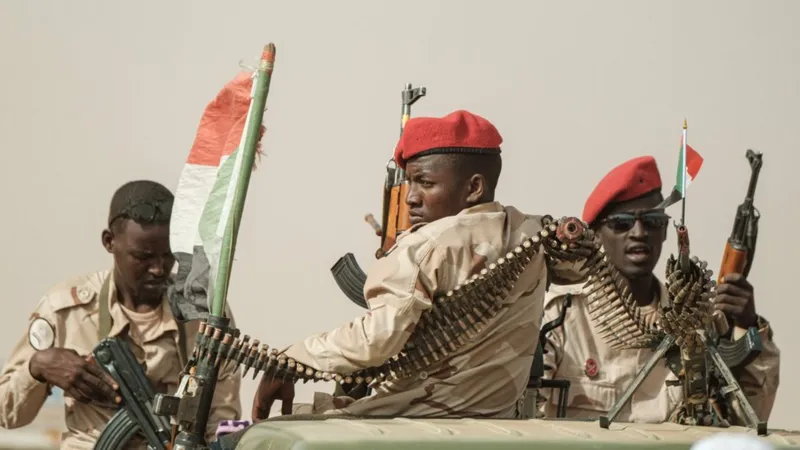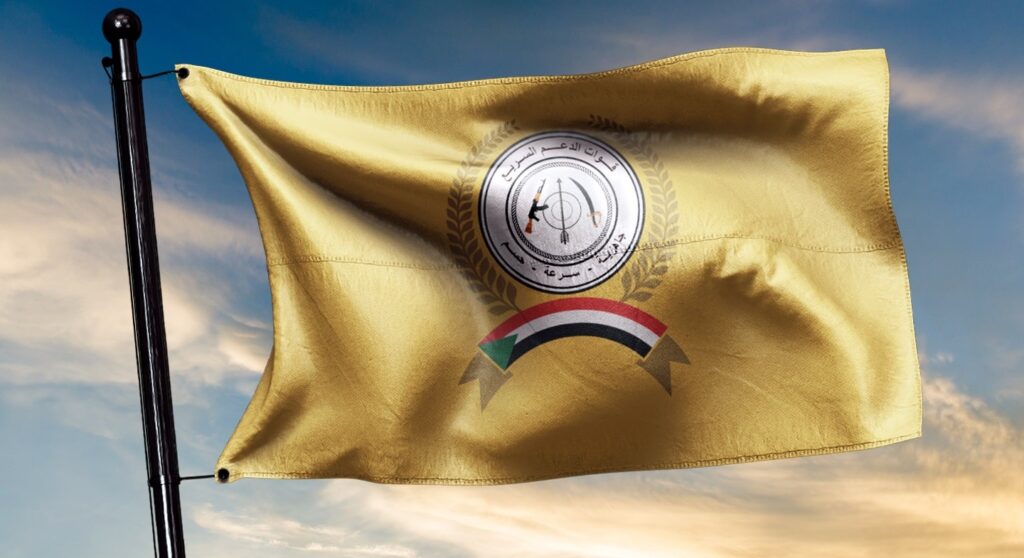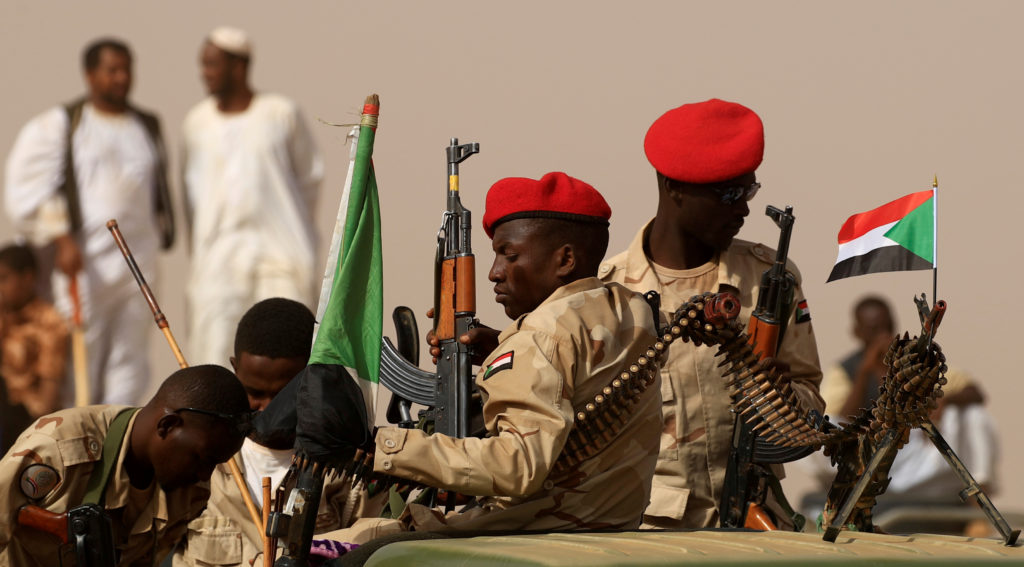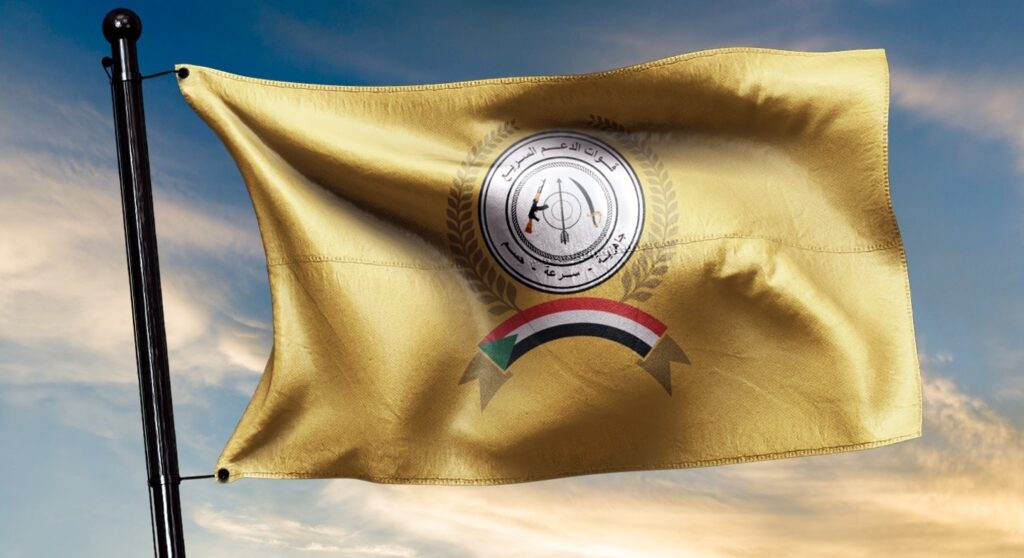
As Sudan marked the first day of Ramadan on Saturday, hundreds of thousands in the capital, Khartoum, are enduring severe living conditions, with the country locked in a two-year ongoing conflict that has created what international humanitarian organizations describe as the worst crisis in modern history.
Volunteers working in public kitchens providing food for those trapped in combat zones within Khartoum told Erem News that the situation during Ramadan is unlikely to improve compared to the daily struggles faced by civilians.
Thousands rely on these “takiya” kitchens for one or two meals a day, as many families in different parts of the capital are unable to meet basic needs due to a lack of supplies and the sharp rise in prices.
“Many families trapped in various areas of Khartoum cannot provide for their daily needs due to the scarcity of food and the extreme inflation,” said Fadl Ahmed Al-Nil, a volunteer at a central kitchen in Khartoum. “Most have lost their jobs and sources of income since the war began in April 2023, and now rely on financial remittances from relatives and some humanitarian aid to survive.”
For the second consecutive year, Ramadan has arrived amid the ongoing conflict, with Al-Nil affirming, “We will not stand idly by or abandon the citizens; we will do everything we can to help them.”
Civilian volunteers stated that several kitchens and emergency shelters across Khartoum will continue providing meals throughout the holy month, relying on financial donations from both local and international benefactors, as well as in-kind support to sustain their operations.
However, another volunteer, who requested to remain anonymous, pointed to the ongoing battles between General al-Burhan’s forces (SAF) and the Rapid Support Forces in the East Nile area of Khartoum as a significant challenge, potentially disrupting their ability to deliver aid to those in need. “The food provided by the kitchens and emergency shelters is often insufficient, barely enough to feed a small family,” he noted.
Despite the influx of international aid, these volunteer efforts have not received substantial food or material assistance from the large shipments of humanitarian aid entering the country.
Meanwhile, millions of displaced Sudanese continue to suffer in shelters and camps across various states, struggling to secure even the most basic necessities like food and water.
Citizens who responded to the call for voluntary return to Omdurman, a neighborhood in Khartoum, have reported widespread looting by individuals wearing SAF uniforms and a dramatic deterioration in essential services, including weeks-long power and water outages.
According to United Nations statistics, more than 20 million Sudanese are in urgent need of humanitarian assistance, with hundreds of thousands at risk of dying from hunger unless they receive immediate aid in the coming months.
SAF chief Abdel Fattah al-Burhan has rejected a ceasefire initiative for the current Ramadan for humanitarian purposes, and has previously refused to allow the delivery of humanitarian aid to areas controlled by the Rapid Support Forces.
International reports warn that hunger may claim the lives of more than 700,000 Sudanese citizens, as acute food insecurity continues to spread across five regions in Darfur and Kordofan.




